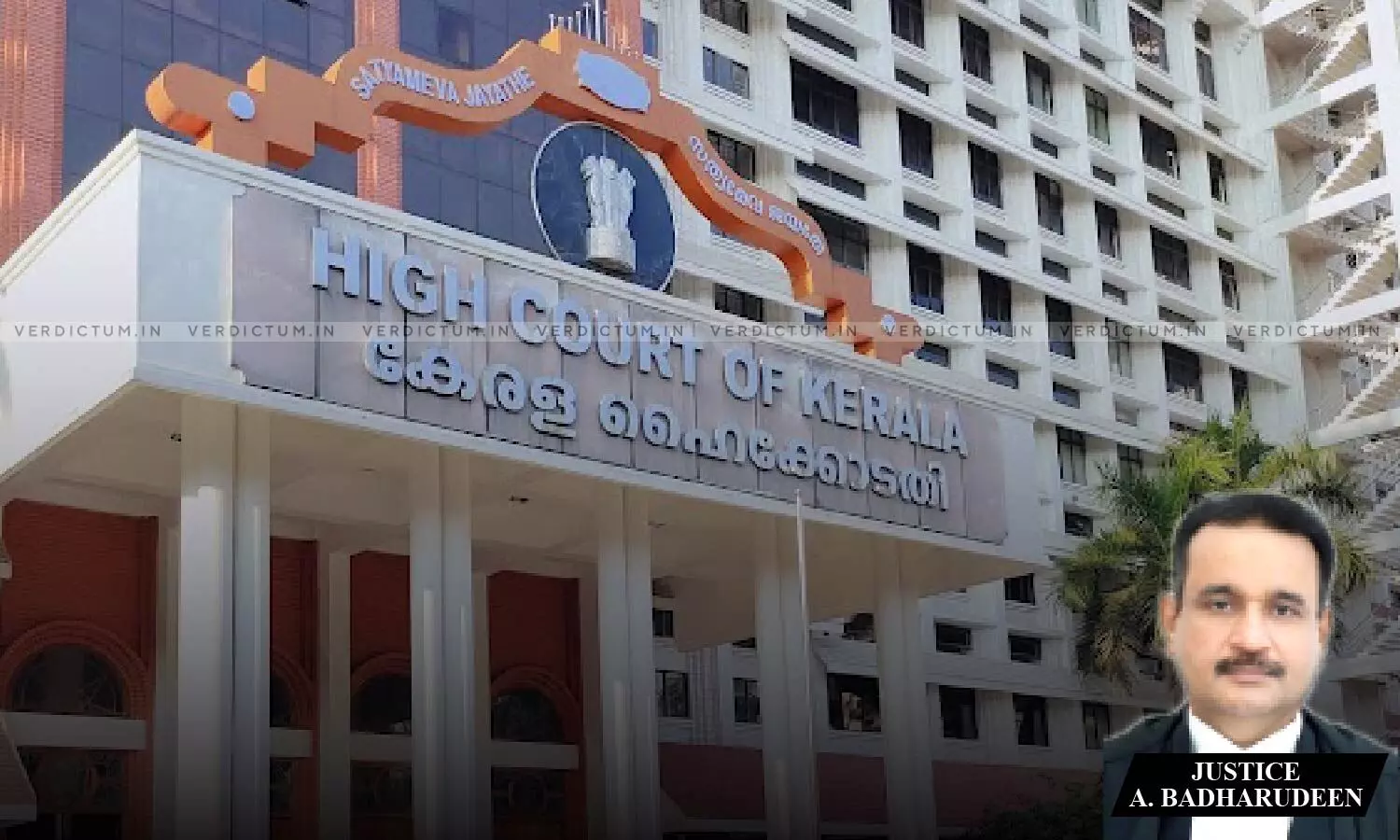
Alteration Of Charge Is Vested Right Of Court & Not Parties: Kerala High Court
 |
|The Kerala High Court has held that the alteration of charge under Section 216 of the Code of Criminal Procedure, 1973 is a vested right of the Court and not the parties to the litigation, however, the parties can always file an application seeking such alteration.
The Bench of Justice A Badharudeen observed, “The above discussion declares the legal position without any iota of doubt that alteration of charge is the vested power of the court and the same is within the domain of the Court, at any time before judgment is pronounced. But parties to the litigation have no such vested right. However, that does not mean that parties could not file petition to alert and ignite the court to exercise the power under Section 216 of Cr.P.C. In an appropriate case, either the Prosecutor or the defence counsel moves an application, seeking alteration of charge that the same would only alert the court regarding the power vested on the court and ultimately, the court will decide whether alteration of charge in the facts of the case is necessary.”
Advocate Nesh Paul appeared for the Revision Petition whereas Public Prosecutor MP Prasanth appeared for the Respondent.
A revision petition was filed by the Accused-Revisionist under Section 397 read with Section 401 of the CrPC, where the Sessions Judge allowed an application filed by the Public Prosecutor under Section 216 of the CrPC to alter the charge for the offence punishable under Section 302 of the Indian Penal Code, 1860, after altering earlier charge framed, alleging commission of an offence punishable under Section 304 of IPC.
The challenge in the present revision petition was mainly on the grounds that the Public Prosecutor had no right to file an application to seek alteration of charge.
The Court held that either at the instance of the prosecution or on behalf of the accused, when the court is ignited regarding the necessity of alteration of charge, the court can exercise its power under Section 216 of Cr.P.C., based on evidence.
It further said, “Likewise, when court feels that power under Section 216 to alter the charge shall be invoked suo motu based on the evidence recorded, the court has the power to alter charge resorting to its power under Section 216 of Cr.P.C. Indubitably, alteration of charge is the vested right of the court within the province of the court and not that of the parties.”
The Court also reiterated that the test to be adopted by the court while deciding upon an addition or alteration of a charge is that the material brought on record needs to have a direct link or nexus with the ingredients of the alleged offence. Further, the court must exercise its powers under Section 216 CrPC judiciously and ensure that no prejudice is caused to the accused and that he is allowed to have a fair trial, it said.
Accordingly, the Court dismissed the revision petition.
Cause Title: Aswathy K.P. @ Aswathy v. State of Kerala (Neutral Citation: 2024:KER:39600)
Appearances:
Revision Petitioner: Advocates Nesh Paul and Fredy Francis
Respondent: PP MP Prasanth